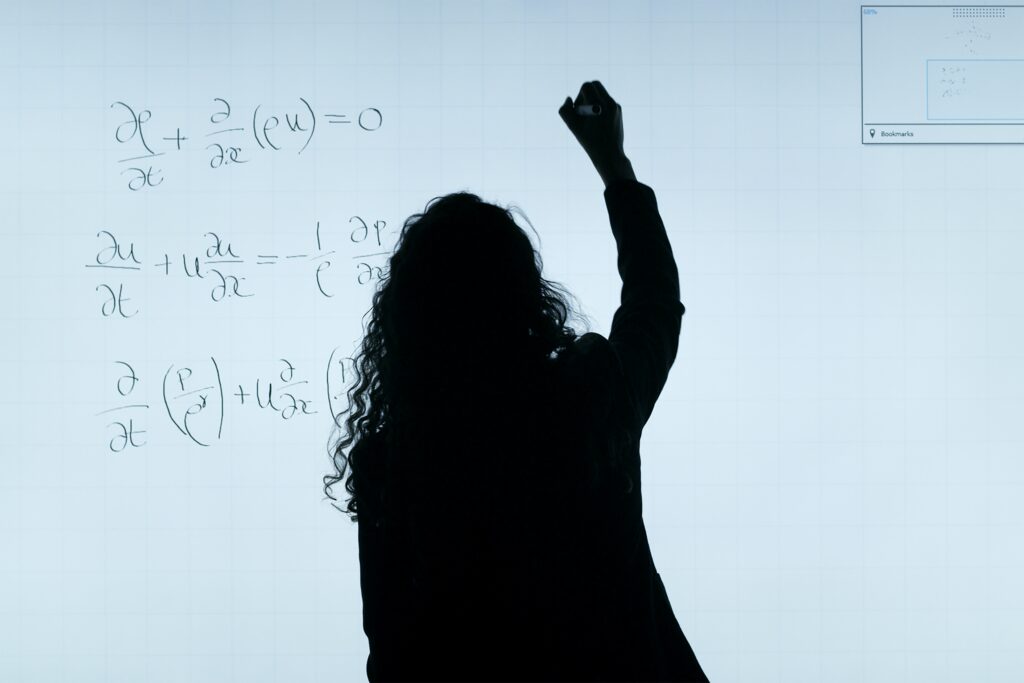October 2022
By Richard Fleming

Autumn is a cautious time. A period of transformation. Nature presents its most vibrant hues. But it pauses to reflect on what was left behind, and what may lie ahead. It is a season of beautiful uncertainty.
Fall was always my favorite season, but I have taken it for granted for many years. Life was busy. Time in short supply. Autumn came and went, year by year, barely gaining my attention. And before I knew it another fall had disappeared. Year by year.
But now I find myself re-considering the magic of autumn. I am not sure why. Maybe it is because I’m more accepting of my post-work reality. I am fully aware I will no longer be ministering to the sick. The profession I spent so many years preparing for, and so many years practicing, is receding into my past. Or perhaps it is my increasing awareness the autumns ahead are numbered. Their appearances will not be few, I hope, but neither will they be bountiful. As I reflect on years gone by, anticipate the future, and audit my changing sense of self, I feel a need to recapture this precious season.
I am spending more time outside. I see changes unfolding with a different pair of eyes. This fall does not resemble those from the past. Why? Are my memories fraying? Is the way I perceive the world altered? Or is fall itself changing?
In our backyard, a pair of hummingbirds is intently drinking sap from the autumn sage. They are preparing to fly to parts south, hundreds of miles away. Will they make their journey safely? Will this same pair return next year? We have had hummingbirds for years. But this fall, for the first time, one started hovering outside our dinette window for long minutes watching my wife and I drink our morning coffee. Is it saying a final goodbye? Is it asking why we aren’t also preparing for the journey ahead?
The squirrels seem preoccupied this fall. They have long used the top of our back fence as a roadway, ambling from one side of the yard to the other at a leisurely pace. This fall the fence has become their superhighway. They madly dash from one end to the other as though time is short. Do they know something I do not?
The wisteria sheathing the arbor in our side yard is challenging my recall of autumnal transformation. It is continuing to bloom in purple beauty, even as the days grow shorter. This never happened before. Or is my memory leading me astray?
Then there is the honey locust we planted behind our house three decades ago. It is beautiful in the summer, though it starts dropping leaves in late August. By mid-September its branches are typically bare, before the birches and maytens shed a single leaf. This year its leaves began dropping in late August as usual. But two weeks later, the leaf fall ceased. The tree retained half its foliage for weeks before it finally resumed carpeting the patio beneath. Trees resonate with the world around them. Is the honey locust hesitant about what is to come?
California autumns are muted compared to those in Kansas, where I grew up. Fall in Topeka was heralded by thousands of elms and oaks, maples and sycamores, appearing to catch fire. In the Bay Area of the Golden State, the fall colors are less vibrant, but a vivid feeling of change is carried on the wind. The realization that summer’s passion is coming to an end cannot be avoided. And the gray, diminished season ahead is visible on the horizon.
As I enter the early years of my eighth decade, I live in the transformative days of autumn’s time. I look back and see the spring and summer of my life. Many pleasant seasons filled with growth and development. More accomplishments than mistakes, though there were full measures of each. I look around and see much to be thankful for. But there is also a looming sense of closure. When winter will come I do not know.
So I will immerse myself in my personal autumn. I will appreciate beautiful days with family and friends. I look forward to treasured time with my third grandchild, due in December. I will relish some great novels. I will spend more days traveling down the road, observing the trees, marveling at nature, contemplating the trail ahead. I will fondly recall the brilliant autumn colors of my youth and treasure the subdued autumn days of my present.
I am living with the beautiful uncertainty of growing old.
* * *
If you enjoyed this post, please consider subscribing to be notified of future posts. Subscriptions are free.
